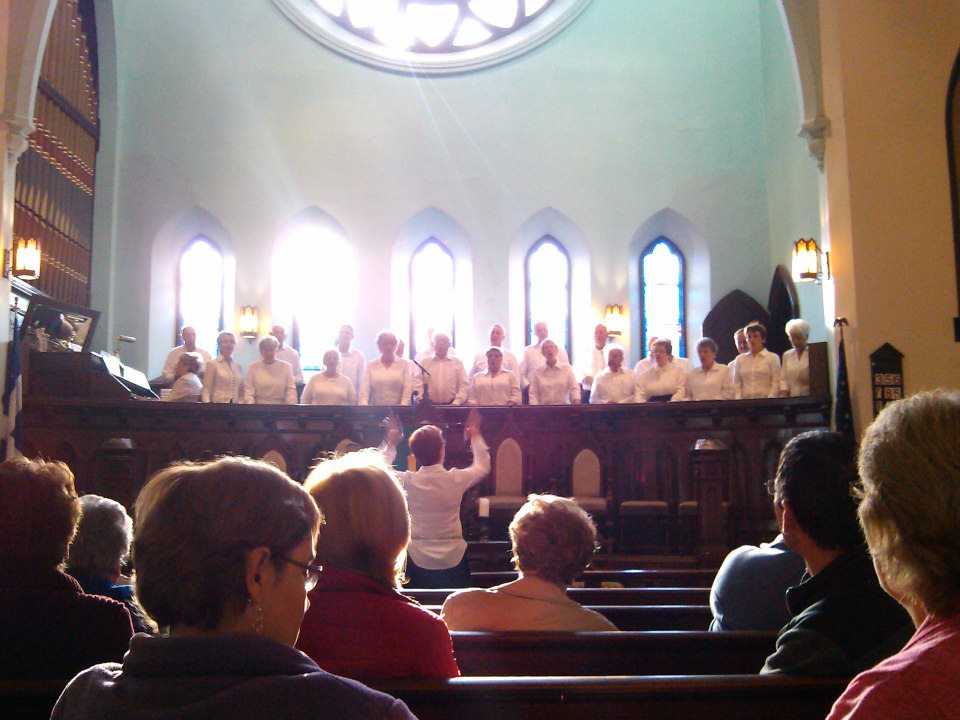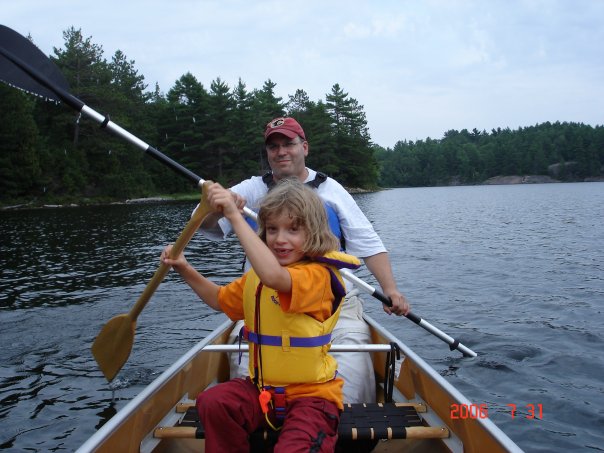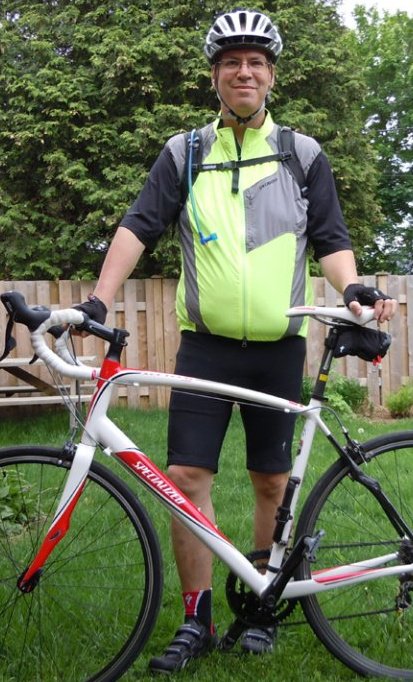
A nugget of Big Medicine every day. #77 Jesus of Montreal
It should not have come as any surprise to me when, during the summer of 1993, I became known among the cops and paramedics on the streets of Hochelaga-Maisonneuve as Jesus of Montreal.
As a paramedic, I’d had a longstanding relationship with the Roman Catholic Church.
Very early in my career, I had responded to a call for a cardiac arrest in St Joseph’s Oratory. As a priest approached to give last rites to the patient I had told him “He’s not yours yet.” The priest was startled and in backing away looked at me with a smack-you-upside-the-head-with-the-New-Testament expression that remains tattooed inside my brain. Only a few months later we were transporting a patient who had climbed to the top of the dome at the Oratory and strapped himself to the cross. He said he was Jesus. He was very understanding when the firefighters came to rescue him. He said he knew it was their job and he would bless them.
He blessed my partner and I as we slid the stretcher into the rig. He was very concerned about the work we were doing as paramedics. He said we were ministering to the sick and were extensions of his hands among the most vulnerable. Jesus was quite convincing in his role as gentle prophet sent to help all of us get back on the pure and righteous path. Right up until the moment he somehow overheard my partner’s voice in my headset whispering “Does he know you’re Jewish?”
Clearly this particular son of God had some serious issues with members of The Tribe. He went off. Completely. I was quite pleased that we had chosen to err on the side of caution and had carefully restrained him to the stretcher before getting underway. He was enraged and screaming in tongues. There was some interesting Latin mixed into the curses in french and english and goodness knows what else. I was relieved when we handed him off to the staff at the Allan Memorial.
In the summer of 1993 we were working overnights.
It was typical Montreal summer weather. Screamingly hot days followed by stinkingly hot and humid nights. Not much in the way of green space. Lots of asphalt and concrete and brick packed in tight. An urban heat sponge soaking up the sun during the day and exuding heat all night long. There were few air conditioners in the apartments, rooming houses and walk-ups. There was no escaping the heat.
At some point during that summer, we began getting multiple calls for patients with very minor ailments or injuries demanding to be transported to certain ERs – Notre Dame Hospital, Hotel Dieu, and the Royal Vic. All of the patients were on welfare so the ambulance transports were free of charge. We discovered that an underground network of patient/reviewers had begun assessing ERs for a combination of three vital components: waiting time [longer was better], variety of fast-food and drink dispensing machines, and most importantly – the efficacy of the air-conditioning system.
The calls multiplied until we reached the tipping point of having more rigs transporting heat refugees than responding to real emergencies. Something had to be done.
I went to meet with the local welfare office and explained what was going on. They were surprised, sympathetic and utterly useless. They were unable to arrange for cooling centers. They were unable to intervene on behalf of either the ambulance system or their clients.
So we devised a strategy. We compiled a list of alternative cooling centers that weren’t really cooling centers but were open all night and could be reached via public transit. We compiled a list of public transit resources. And then we crafted a carefully-scripted approach for each patient.
We worked each patient up just in case he was sicker or more injured than he believed. When he demanded to be transported to one of the specified ERs, we would sit down, hold hands, and ask if our patient was really in need of a hospital or just needed to get out of the heat. More often than not, it was the heat. They had small bags prepared. They were ready to go. We would carefully explain how there were a finite number of ambulances on the road at night and how busy it could get with critically ill or injured people. My partner, Christian, shared our list of alternative cooling centers and public transit resources.
The would-be patients recognized the inappropriateness of the situation. They requested we cancel the request for assistance. And so it was my task to call in to our medical control to have the emergency call cancelled. We’d ensure the person was able to get to where they needed to be for a few hours then we returned to service.
And so it went. After about a dozen consecutive cancelled calls, one of our patients said I was just like Jesus of Montreal. After 20 cancelled calls, the police started calling for ‘Jesus of Montreal’ on the air. Our dispatchers had to explain they couldn’t request a specific ambulance and crew but they tried anyways. After 30 cancelled calls bus drivers in our district began calling me ‘Jesus of Montreal’ when we crossed paths in all-night coffee shops.
‘I hear such nice things about you guys – holding hands, talking to people as if they mattered, listening to their stories, making sure they get to some place cool for a few hours,” one woman said as we grabbed a coffee to go.
Talking to people as if they mattered. That is one of the nicest things anyone ever said to me in the course of my career. Our streak of cancelled calls came to an end when summer began to fade and my career changed paths once again.
Be well. Practice big medicine.
Hal



